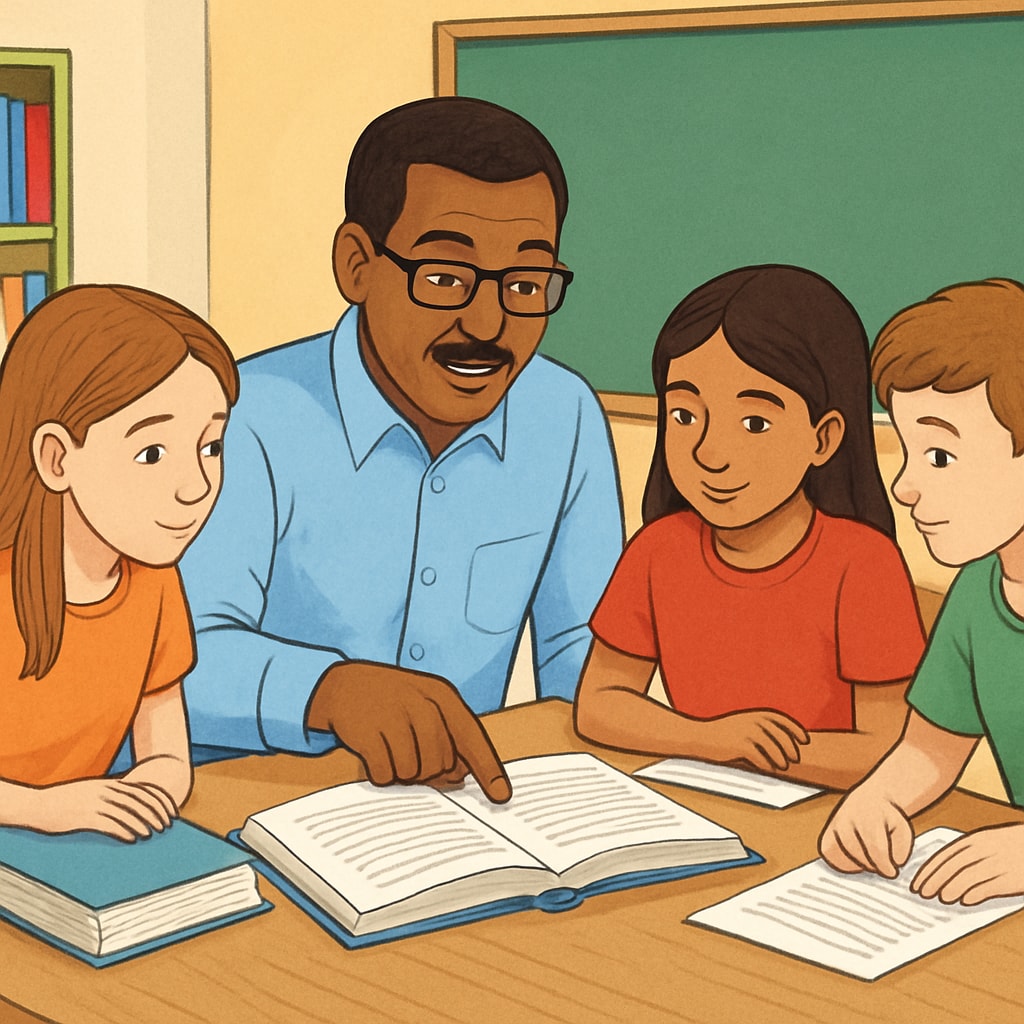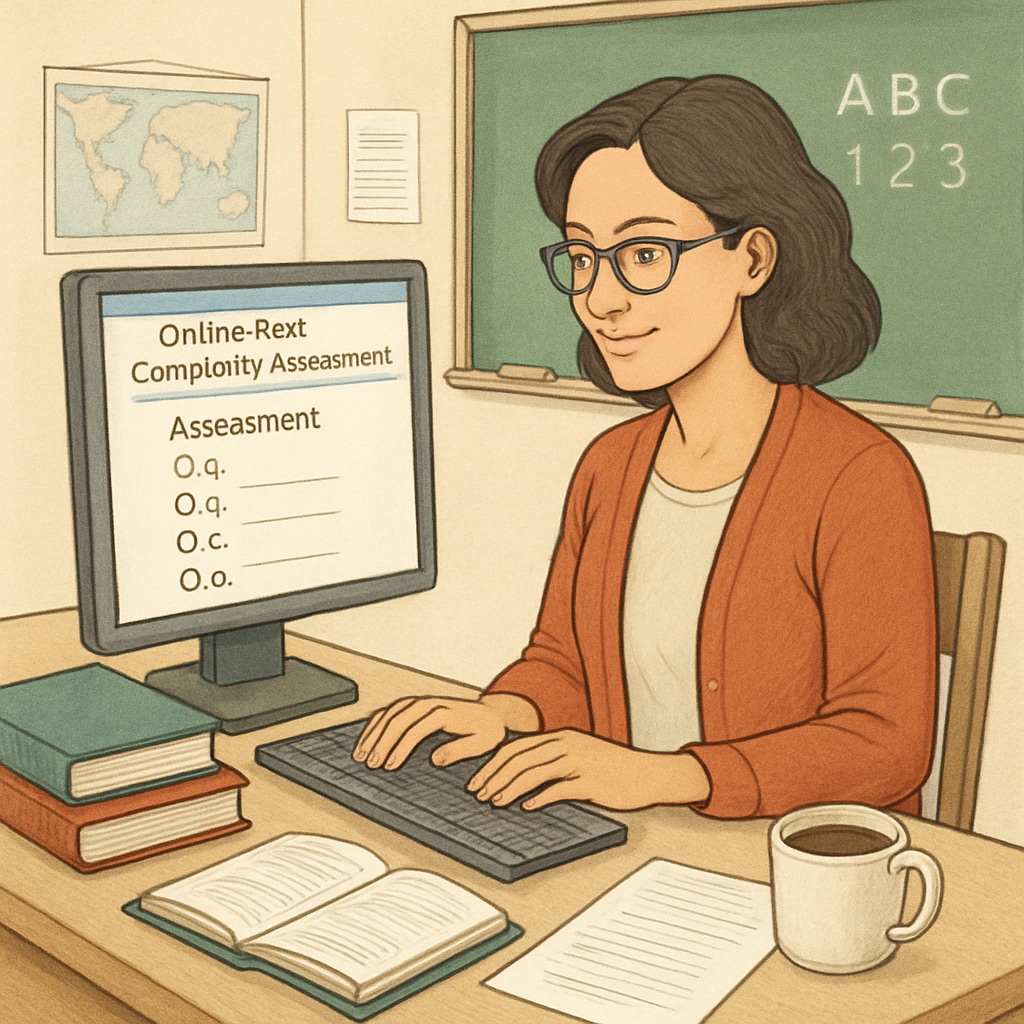Reading comprehension, text complexity, and teacher volunteers are at the forefront of efforts to improve educational outcomes for students in K12 settings. Teachers play a critical role in shaping how reading materials are selected, assessed, and used to develop student literacy skills. By participating in groundbreaking research on text complexity, educators can provide invaluable insights that bridge the gap between academic research and classroom practice. This initiative offers an opportunity for teachers to influence the future of educational resources and create lasting impacts on student learning.
Why Teachers Are Essential to Text Complexity Research
Teachers are uniquely positioned to assess the suitability of reading materials for students. Their experience in the classroom provides them with a deep understanding of how students engage with texts, interpret meaning, and overcome challenges in comprehension. Current research on reading comprehension often relies on quantitative measures, such as lexile scores, which emphasize vocabulary and sentence structure but may overlook contextual factors critical to learning. Teachers can help refine these assessments by contributing their practical knowledge of student engagement and understanding.
For example, the complexity of a text might depend not only on its linguistic features but also on its thematic relevance to students’ lives. Teachers can offer perspectives on whether a text resonates with diverse student populations or aligns with curricular goals. Their input ensures that reading assessment frameworks are not only scientifically rigorous but also tailored to real-world educational needs.

How Educators Can Participate in Research Efforts
Joining text complexity research is simple and impactful. Educators can complete a short 30-minute assessment task designed to evaluate reading materials and their suitability for student comprehension. This task may involve reviewing sample texts, rating their difficulty, or providing feedback on how students with varying reading abilities might approach them. The process is streamlined to ensure that teachers can contribute without disrupting their busy schedules.
Participation not only benefits academic research but also empowers teachers to advocate for the needs of their students. By sharing their expertise, educators can shape the development of instructional resources, ensuring that future reading materials are accessible, engaging, and effective for learners of all levels. As a result, teachers become co-creators in the evolution of literacy education, fostering a stronger connection between research and classroom application.

The Broader Impact on K12 Education
Engaging teachers in text complexity research has far-reaching implications for K12 education. First, it enhances the quality of reading assessments used to guide instruction. Improved frameworks ensure that students are matched with texts that challenge their skills without overwhelming them, promoting steady progress in literacy development.
- Optimized Resources: Teachers’ contributions help refine instructional materials, making them more relevant and effective for diverse classrooms.
- Student Growth: Accurate text complexity measures enable educators to better support struggling readers while challenging advanced learners.
- Equity in Education: Research informed by teachers ensures that reading resources are inclusive, addressing the needs of all students regardless of background.
In addition, teacher involvement underscores the importance of collaboration between educators and researchers. By combining practical experience with academic expertise, the field of literacy education becomes more dynamic and responsive to changing needs. As a result, students benefit from a system designed to maximize their potential and prepare them for future success.
Call to Action: Teachers as Advocates for Literacy
Elementary and middle school teachers have a unique opportunity to impact the future of education by volunteering for text complexity research. Their professional insights are essential for designing effective reading comprehension assessments and instructional resources. Whether through a quick 30-minute assessment task or ongoing collaboration, educators can play a pivotal role in shaping K12 literacy education.
If you’re an educator interested in making a difference, consider joining this initiative. Together, we can bridge the gap between research and practice, ensuring that every student has access to reading materials that inspire, challenge, and prepare them for lifelong learning.
Learn more about text complexity research: Reading comprehension on Wikipedia and Literacy on Britannica.


